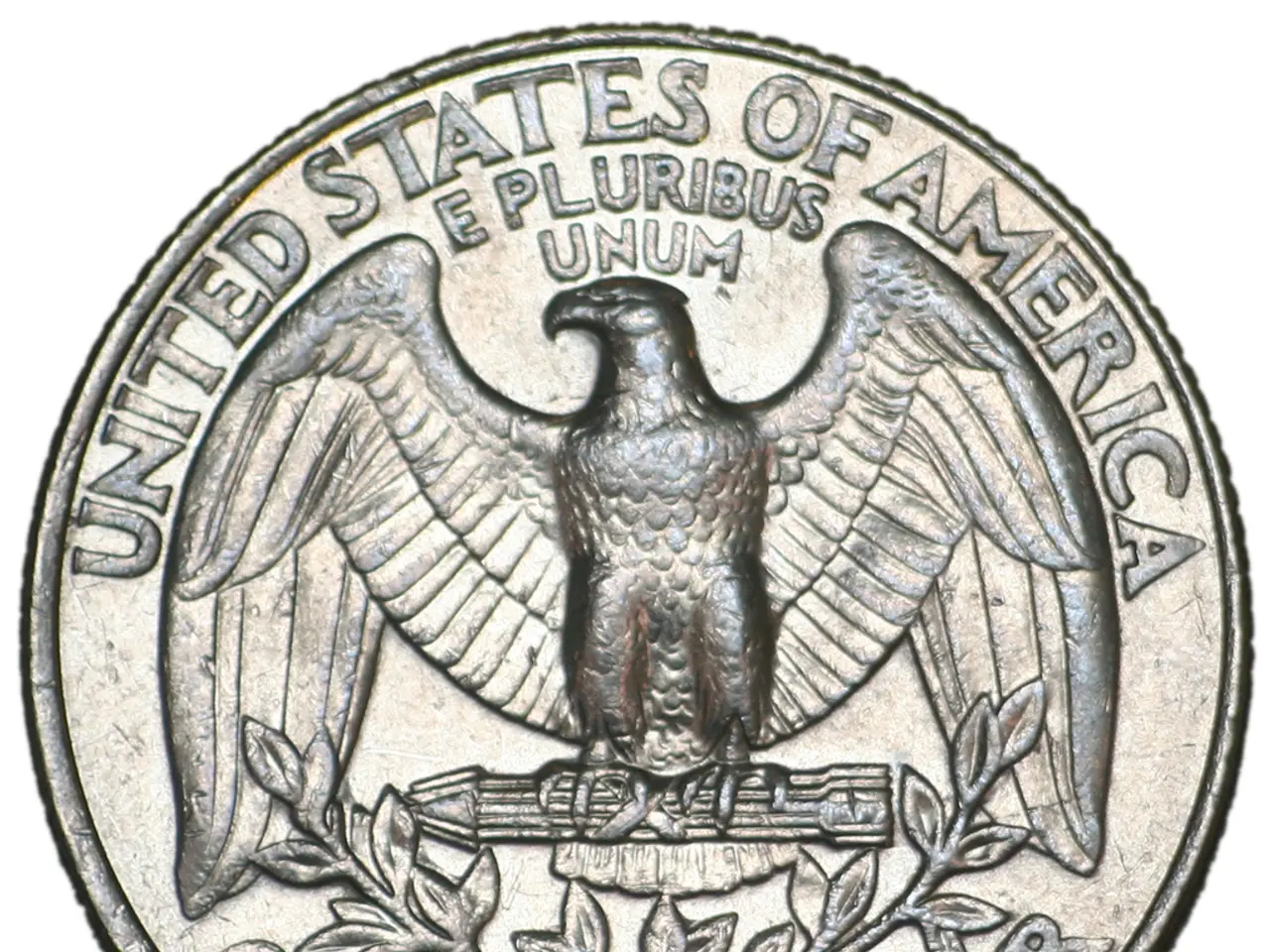Africans should consider adopting cryptocurrencies to protect their savings from inflation and the depreciation of currency value.
In the face of economic downtime and slow growth, cryptocurrencies, particularly stablecoins, are proving to be a valuable tool for citizens in Argentina and Nigeria. These digital assets offer a stable store of value and medium of exchange when local currencies become unreliable.
In Argentina, where inflation reached an alarming 292% last year, over 5 million people have turned to crypto. More than 60% of crypto transactions involve USD stablecoins, which are widely used for savings, payments, and even employee salaries. This trend reflects a broad shift away from the fragile peso towards digital dollarization, with over 75% of real estate transactions priced in dollars.
Similarly, in Nigeria, usage of stablecoins surged by more than 250% last year. Citizens are using them to protect wealth from the naira's high inflation. The Nigerian naira is the third-worst-performing currency against the United States dollar in 2023.
Stablecoins maintain their price stability by being backed 1:1 by reserves of fiat currency or low-risk assets like U.S. Treasury bills. This makes them attractive as a trusted store of value and payment rail in dollar-scarce or inflationary environments.
The motivation behind stablecoin adoption in such markets is primarily to avoid the erosion of purchasing power, enable faster and cheaper cross-border remittances, and facilitate transactions and savings denominated in a stable currency like the US dollar. This shift to stablecoins, termed digital dollarization, is happening through simple daily financial decisions like using apps to hold stablecoins rather than relying on unstable local fiat currencies or costly traditional methods of preserving wealth.
In Nigeria, individuals like Daniel Jesusegun, a 22-year-old digital marketer based in Lagos, have saved over a million naira in crypto and reinvested the interests yielded into his business and other interests. Joshua, a software engineer from Osun state, Nigeria, has been saving most of his income in the stablecoin USDC since switching from the naira. He believes that crypto will play a huge role in Nigeria's future, offering transparency and financial freedom as an alternative to the naira.
In Argentina, Bitcoin and stablecoin adoption have been on the rise due to inflation and currency devaluation. Marcos Zocaro, an accountant and spokesperson for the Bitcoin Argentina NGO, stated that crypto adoption started to pick up around 2020 in Argentina. People in Argentina use crypto to send funds abroad, pay for goods from abroad, and protect their purchasing power due to international restrictions.
As economies reopened, more money than goods were in circulation, leading to a steady increase in item prices. Governments injected billions and trillions of dollars to revitalize their economies in 2020, but many countries globally have struggled to raise their economies out of unfavorable conditions due to the COVID-19 pandemic. In these challenging times, stablecoins offer a beacon of stability and a means for citizens to protect their income from ravaging inflation and currency devaluation.
References: 1. Bitcoin Argentina 2. Investopedia 3. CoinDesk 4. Cointelegraph 5. Bloomberg
- Despite the economic struggles in Nigeria, numerous citizens are investing in stablecoins like USD Coin (USDC) for personal-finance purposes, saving significant amounts of naira and reinvesting the yield into their businesses and other interests, indicating a growing belief in the potential of crypto in Africa.
- The rising adoption of Bitcoin and stablecoins in Argentina has been linked to inflation and currency devaluation, with people using cryptocurrencies for international transactions, paying for goods from abroad, and protecting their purchasing power amid imposed restrictions on traditional fiat currency.
- In the face of high inflation and an unstable naira, businesses in Nigeria are increasingly turning to blockchain technology and stablecoins for speedier and less expensive cross-border payments, contributing to the digital dollarization trend across the continent.
- As governments worldwide grapple with rebuilding their economies post-pandemic, stablecoins offer a promising solution for individuals seeking a stable store of value and medium of exchange to protect their personal-finance and investments from the erosion of purchasing power due to rampant inflation and currency devaluation.
- In Argentina, the use of stablecoins for payments, savings, and employee salaries has skyrocketed, reflecting a broader shift away from the unreliable peso towards digital assets, signifying the potential for cryptocurrencies to transform the finance landscape, not only in Argentina but across Africa and the world.




